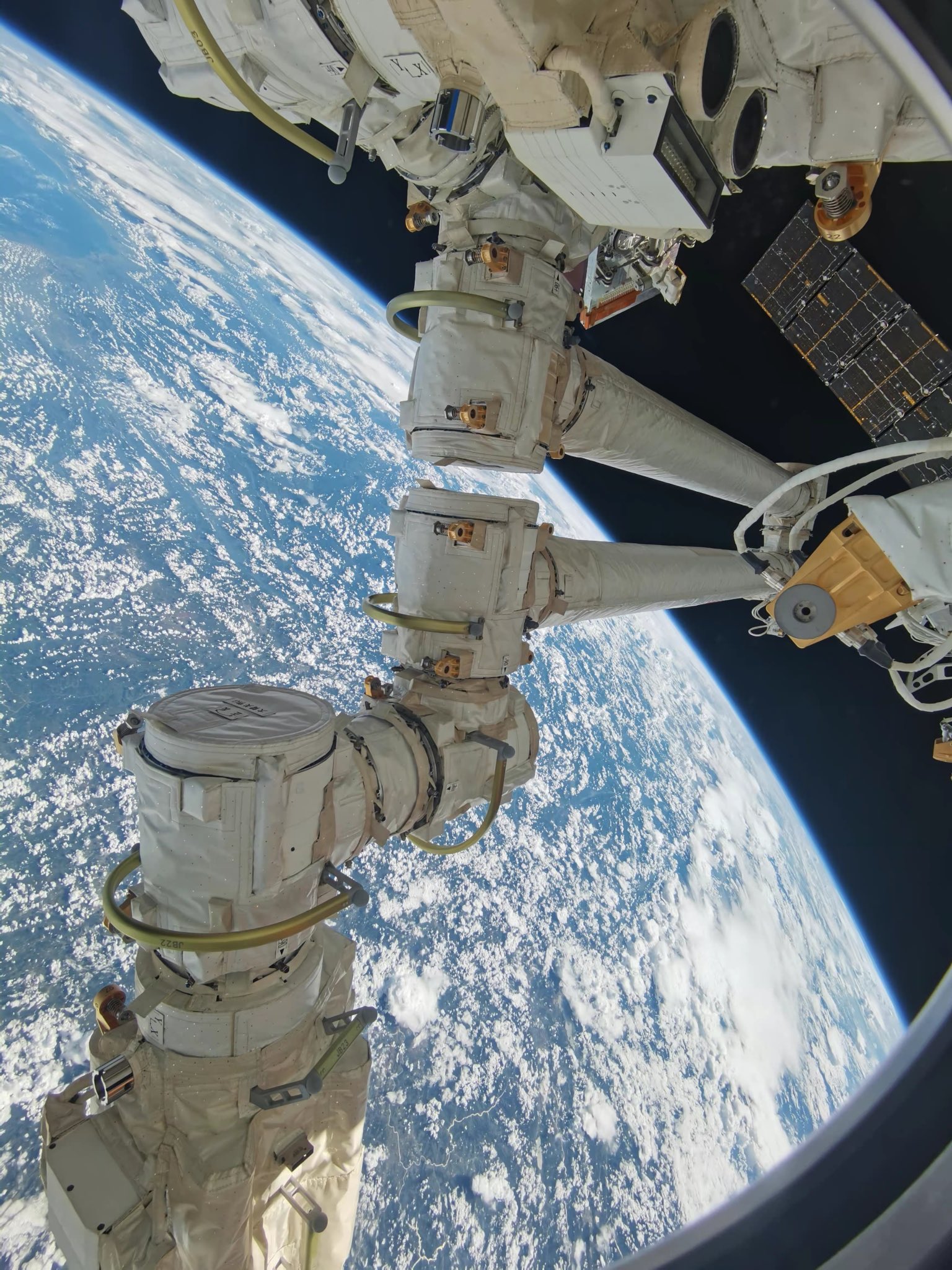After arming the Pakistani military with cutting-edge military equipment like stealth warships and vehicle-mounted howitzers in the past few days, China is moving ahead to collaborate with its all-weather ally in the space domain.
While Beijing and Islamabad have a space exploration agreement, China has formally confirmed for the first time that it will assist Pakistan in the construction of what is being dubbed the Pakistan Space Centre (PSC). PSC is expected to produce satellites.
According to a white paper, China will “provide priority to producing communications satellites for Pakistan and cooperating on the establishment of the Pakistan Space Centre.”

Islamabad announced plans in 2018 to construct the PSC to spearhead indigenous satellite development and manufacture, according to the Associated Press of Pakistan, a state-owned news agency.
APP said that the PSC will be capable of manufacture, testing, system-level assembly, integration, launch, and operations of numerous types of satellites.
There has been little activity after 2018 when China had sent two Pakistani satellites into orbit. China’s Long March-2C carrier rocket launched the PRSS-1, Pakistan’s first optical remote sensing satellite, and the PakTES-1A, a smaller observation vessel, into space.
China on Monday successfully launched 2 satellites for Pakistan.
PRSS1, the primary payload of the mission, will support the monitoring of natural resources, environ protection, disaster management n emergency response, crop yield estimation n urban planning, n #CPEC construction pic.twitter.com/P5S4f88i6k— Eva (@evazhengll) July 11, 2018
China and Pakistan had inked a space exploration agreement in 2019 which was hailed as “ushering in a new era of collaboration in space science” between the all-weather allies. The white paper is the biggest revelation after this agreement.
This development comes in the backdrop of the Indian Space Research Organisation (ISRO) confirming that its human space mission, Gaganyaan, was back on track and that the space center was ready to launch over five satellites in three months. ISRO is also set to launch the Chandrayaan-3 after its second lunar mission resulted in a partial failure.
Pakistan’s Space Program
Pakistan established the Space and Upper Atmosphere Research Commission (SUPARCO) in 1961 with the ambitious goal of developing its own space architecture under the guidance and supervision of Abdus Salam, a Pakistani physicist and Nobel Laureate.
It’s Official: World’s Fastest All-Electric Aircraft Is All British; Rolls Royce, Jaguar & Land Rover Behind The ‘Innovation’
However, due to the government’s increased focus on the nuclear program, the Pakistani space program has not grown as much as predicted or intended over the years.
It is vital to note that Pakistan has one of the oldest space programs in the world and the oldest in Asia. Indian ISRO was established in 1969 while China’s CNSA was formed much later in 1993.
China and Pakistan signed a cooperation agreement on manned space missions, marking the cooperation between the two countries in space exploration entering a new phase: China National Space Administration #China #Space #Exploration #Pakistan #EmergingPakistan @zlj517 pic.twitter.com/T6KcEzjuxR
— Emerging Pakistan (@dev9_) April 28, 2019
Following the signing of an agreement in 1991 between the Chinese Ministry of Aerospace Industry and SUPARCO, the Pakistani space program received fresh momentum. There were several exchanges between the two sides. In 2012, SUPARCO and the China National Space Administration (CNSA) signed a roadmap for space collaboration.
China has also successfully launched two remote sensing satellites for Pakistan. Islamabad is now planning to send an astronaut into space with the assistance of Beijing. The Chinese have also been assisting Pakistan in its remote sensing satellite project.
PakTES-1A – an indigenously developed 285 kg remote sensing satellite of Pakistan. It will be launched at 610 km sun-synchronous orbit in July 2018. ? ???? #proudofpakistaniscientists pic.twitter.com/ijpSJrrAzs
— Dr Mohammad Faisal (@DrMFaisal) June 24, 2018
Pakistan’s progress in developing its space infrastructure has been largely due to China’s ongoing aid.
With China’s help, Pakistan may be working towards constructing the framework of a defense-oriented space program. The international community will be keeping a close eye on this area because behind-the-scenes cooperation between China and Pakistan could have negative consequences, especially since Pakistan’s primary goal in expanding its space and nuclear programs has been to stay one step ahead, if not on par, with India, according to a report of Business Standard.
While India’s space program has matured to a level that it has officially announced the launch of its own space station by 2030, Pakistan has so far been unable to establish its own space research center.
China’s Space Progress
According to media sources, China has indicated that its space station, which will provide a bird’s-eye view of Earth and is widely regarded as a critical strategic asset in space, will become operational this year.
The Chinese space station successfully captured and transported a cargo spacecraft earlier this month using its huge robotic arm. The 47-minute maneuver was the first time Tiangong’s 10-metre (33-foot) robotic arm was put to the test, as previously reported by the EurAsian Times.

China has made significant progress in its space program in recent years, thanks to significant investment. Until 2007, it has never undertaken more than 10 launches per year. It has now gained traction, launching 152 satellites in the past five years, more than any other country.
In terms of launches, China eclipsed the United States, the leading nation in the space exploration domain, in 2018 and 2019. In 2020, the US reclaimed first place, with 44 launches compared to China’s 39.
China is set to develop a lunar base with Russia soon, besides launching over 40 satellites this year, as previously reported by the EurAsian Times.
Being the “iron brother” of Pakistan, it remains the most suited partner to assist Pakistan’s space program which has essentially remained a non-starter.
- Contact the author at sakshi.tiwari9555@gmail.com
- Follow EurAsian Times on Google News




